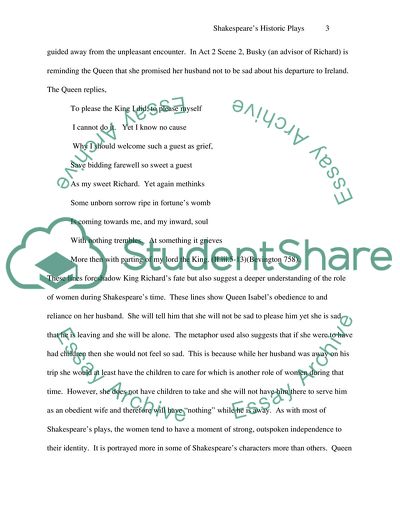Cite this document
(“Shakespeares Historic Plays: The Role of Women Essay”, n.d.)
Shakespeares Historic Plays: The Role of Women Essay. Retrieved from https://studentshare.org/history/1507148-shakespeares-historic-plays-the-role-of-women
Shakespeares Historic Plays: The Role of Women Essay. Retrieved from https://studentshare.org/history/1507148-shakespeares-historic-plays-the-role-of-women
(Shakespeares Historic Plays: The Role of Women Essay)
Shakespeares Historic Plays: The Role of Women Essay. https://studentshare.org/history/1507148-shakespeares-historic-plays-the-role-of-women.
Shakespeares Historic Plays: The Role of Women Essay. https://studentshare.org/history/1507148-shakespeares-historic-plays-the-role-of-women.
“Shakespeares Historic Plays: The Role of Women Essay”, n.d. https://studentshare.org/history/1507148-shakespeares-historic-plays-the-role-of-women.


